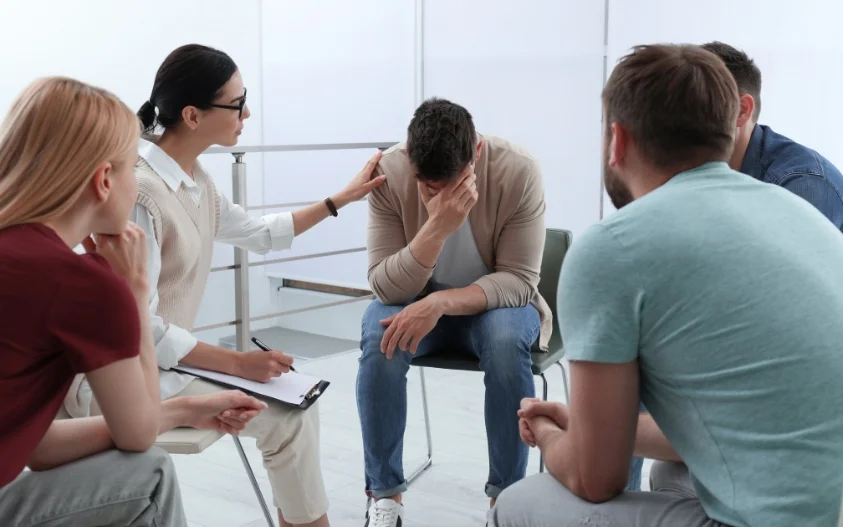24/7 Helpline:
(866) 899-221924/7 Helpline:
(866) 899-2219
Learn more about Bipolar Disorder Treatment centers in Montezuma County
Other Categories in Montezuma County

Other Insurance Options

Covered California

State Farm

Excellus

American Behavioral

Coventry Health Care

Optima

WellPoint

BlueCross

Carleon

Anthem

Premera

AllWell

Providence

Absolute Total Care

Oxford

ComPsych

WellCare Health Plans

BHS | Behavioral Health Systems

MHNNet Behavioral Health

Holman Group

The Recovery Center
The Recovery Center is a non-profit rehab located in Cortez, Colorado. The Recovery Center specializ...

1st Alliance Treatment Services
1st Alliance Treatment Services is located in Cortez, Colorado. 1st Alliance Treatment Services prov...

Misfit Addiction Counseling
Misfit Addiction Counseling is a public rehab located in Cortez, Colorado. Misfit Addiction Counseli...














































